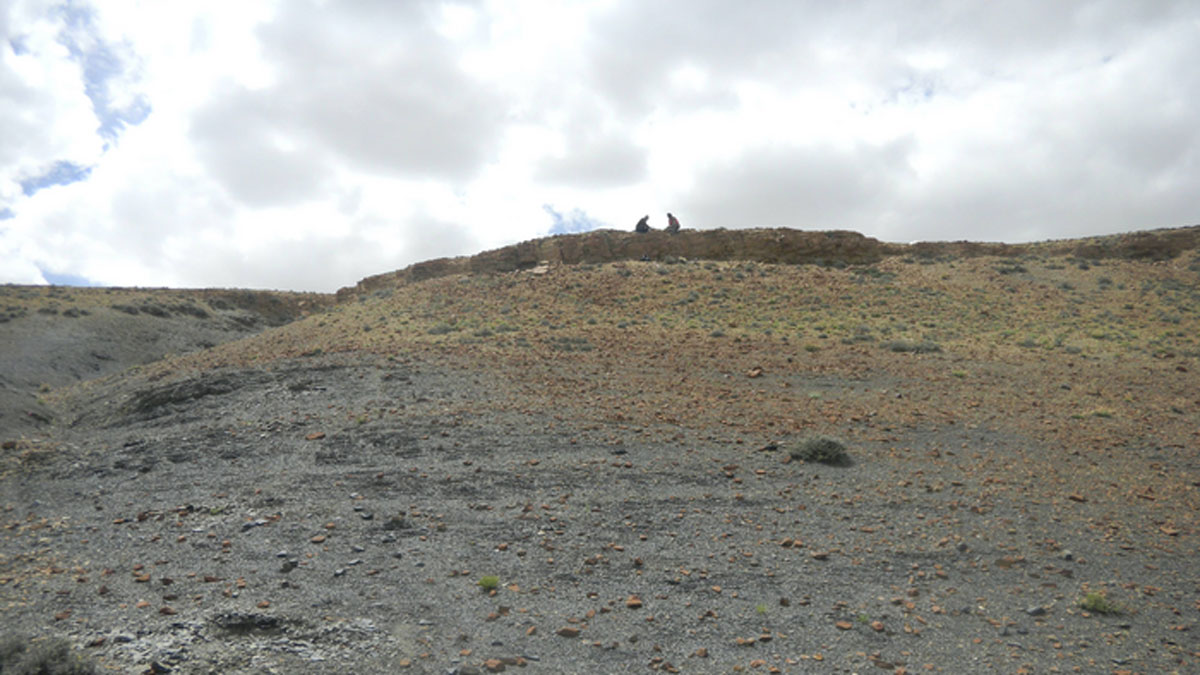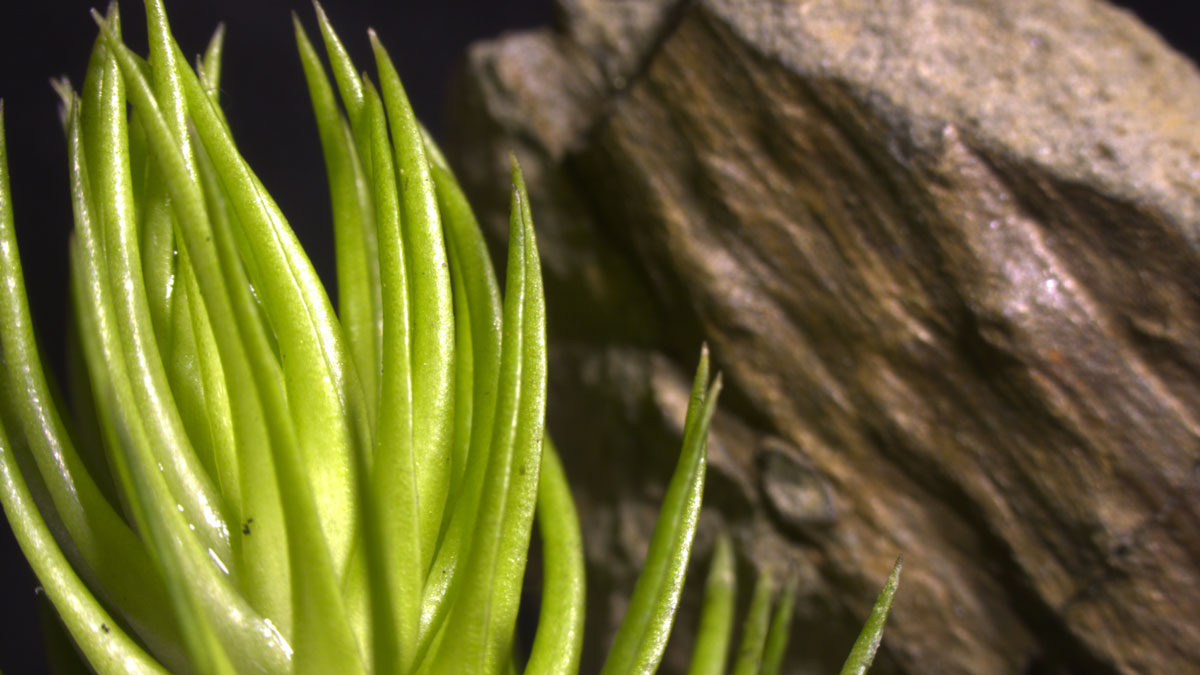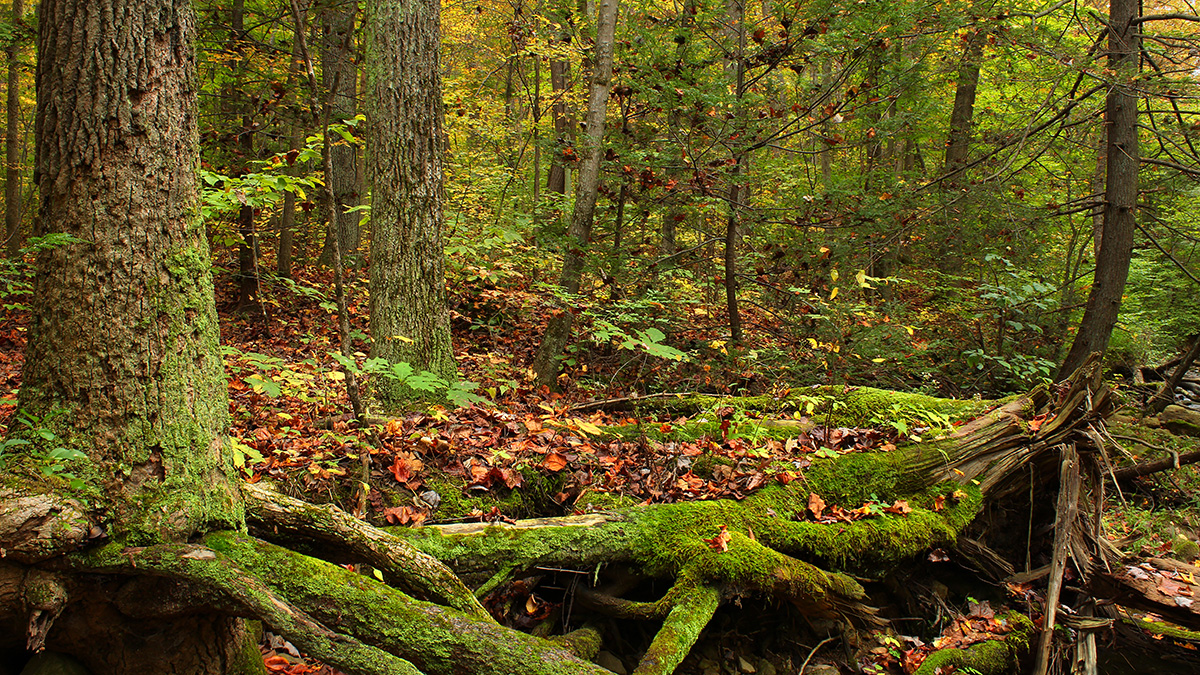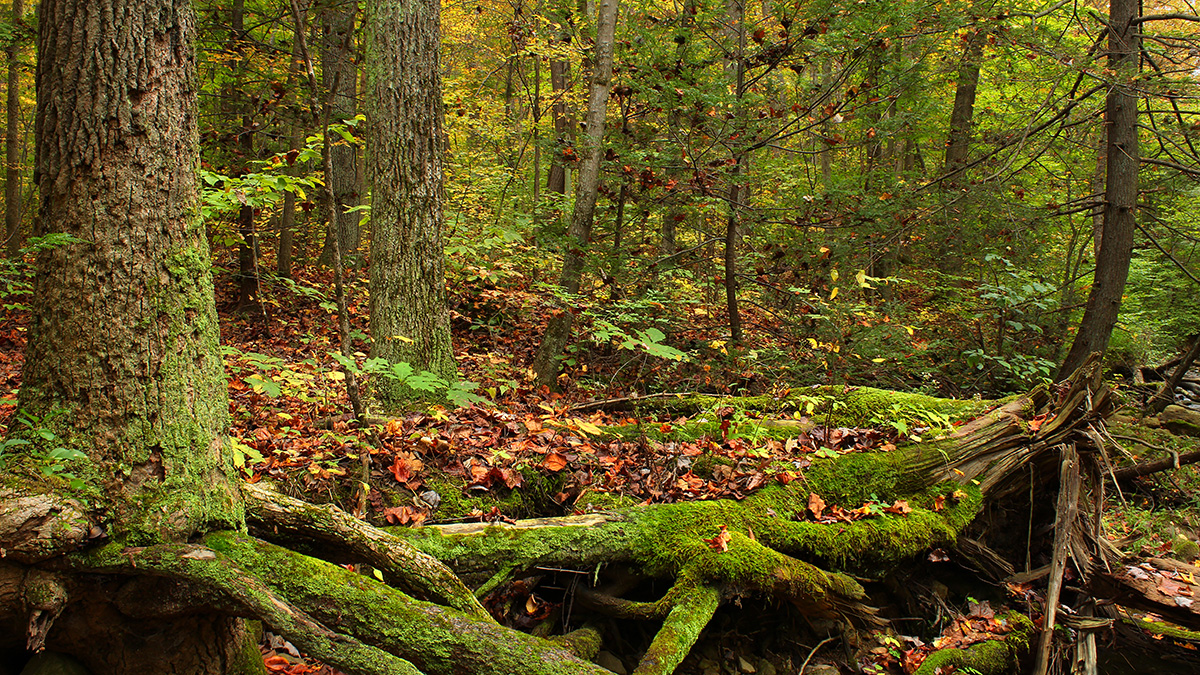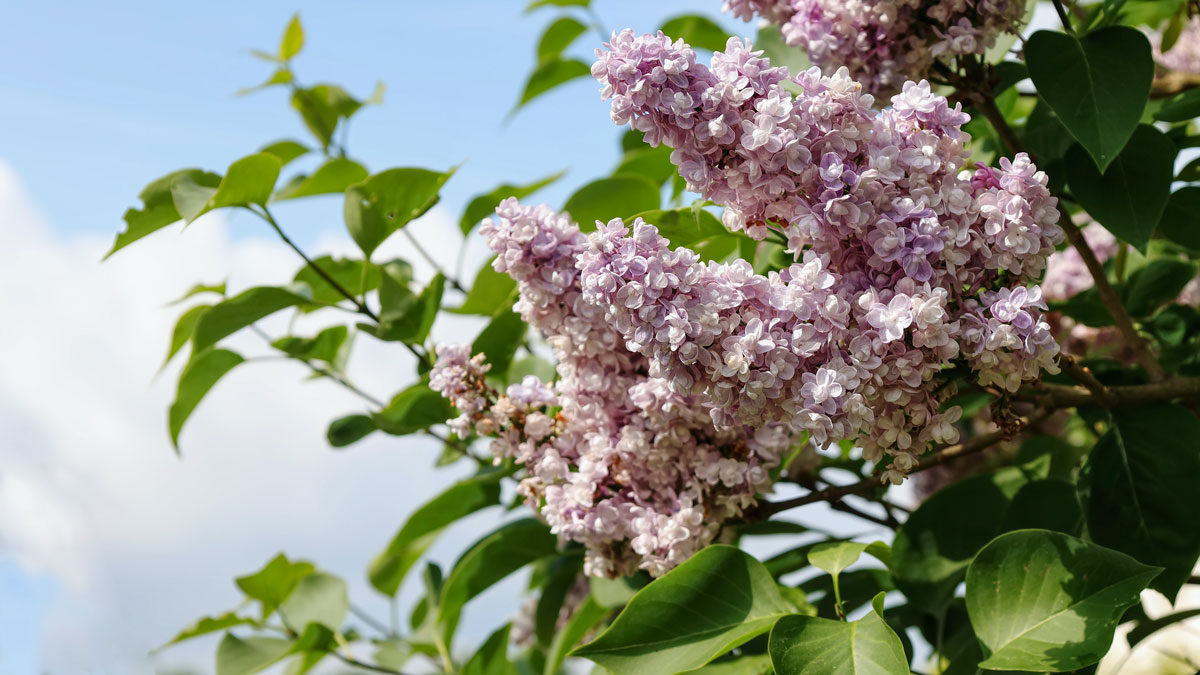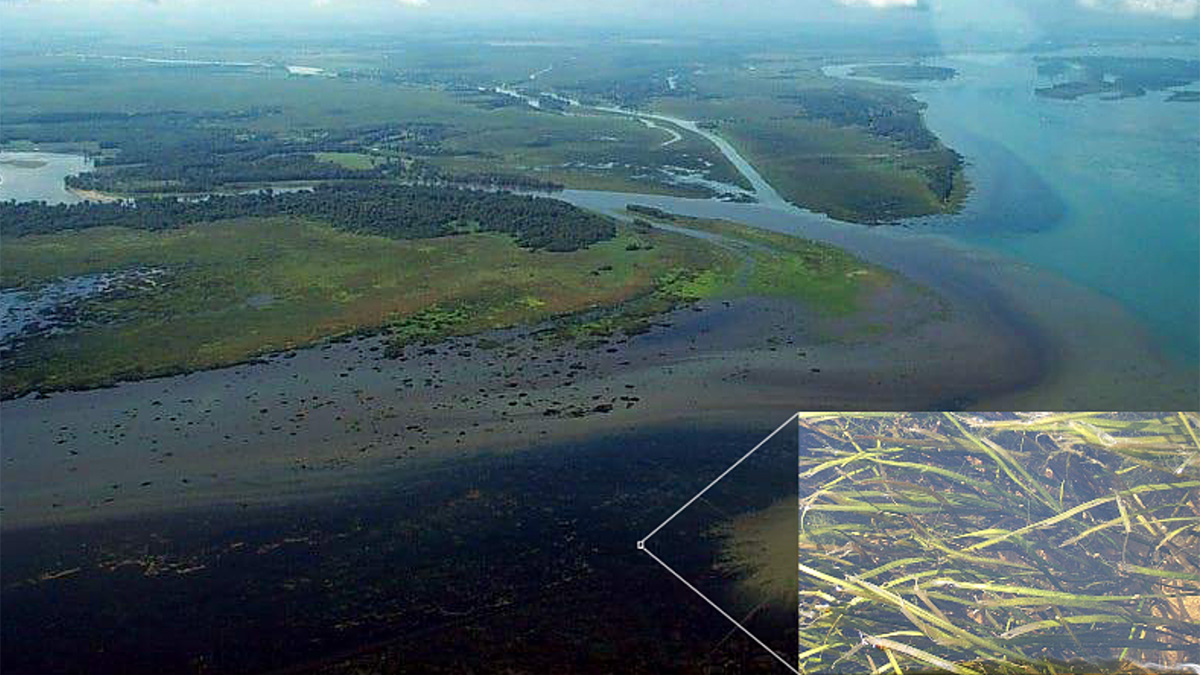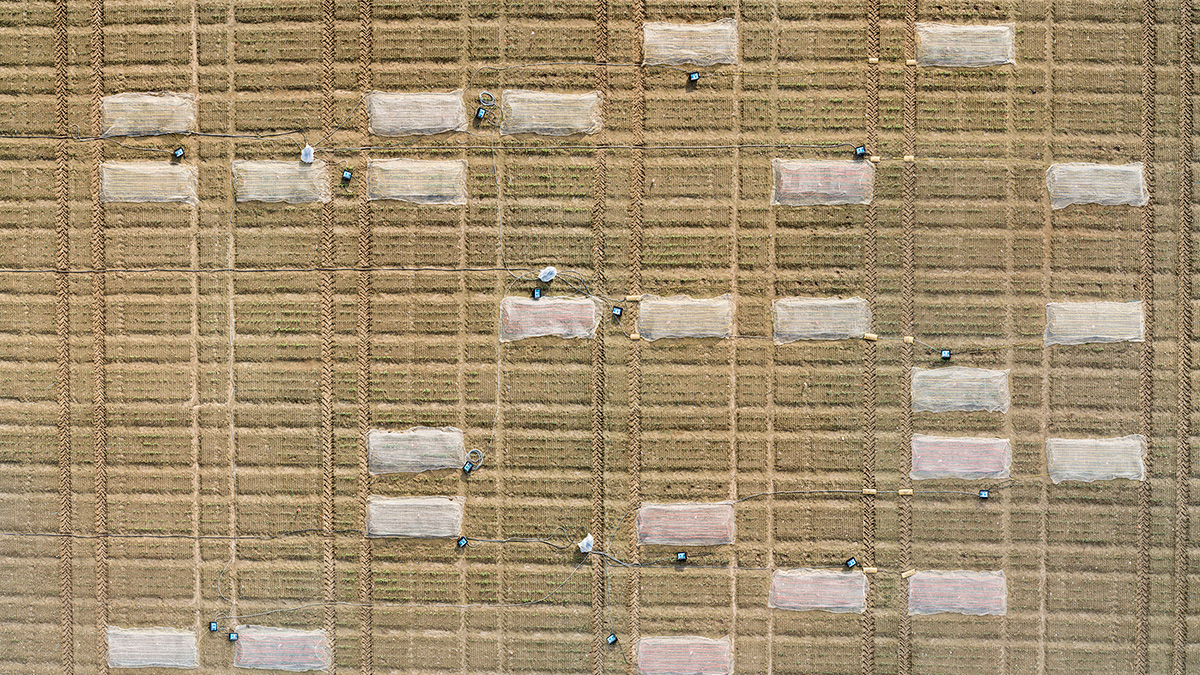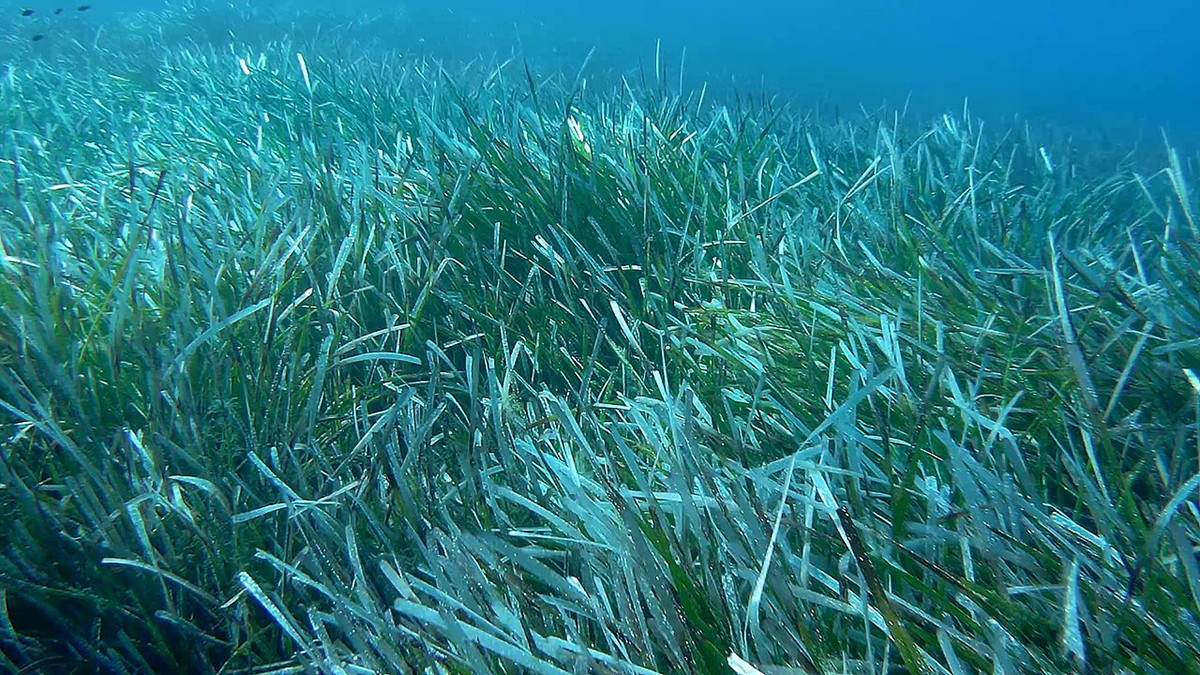To find the first direct evidence of heightened UV radiation during the end-Permian mass extinction, researchers turned to chemical evidence preserved in pollen grains.
plants
Small Shrubs May Have Played a Large Role in Decarbonizing the Ancient Atmosphere
Vascular plants may have contributed to shaping Earth’s atmosphere long before trees evolved.
To Estimate Plant Water Use, Consider the Xylem
New research shows that chemical isotopes from plant xylem can improve representations of the forest water cycle.
Roadside Plants Witness COVID Traffic
Radiocarbon in roadside plants revealed a decline in auto emissions during COVID lockdown and a 2021 rebound. Could this improve emission estimates in countries without CO2 monitoring infrastructure?
Leaves Are Springing Up Earlier Along the Appalachian Trail
Satellite images of lustrous new leaves reveal changes that will have cascading effects on diverse ecosystems in the eastern United States.
The World’s Roots Are Getting Shallower
Root-filled soils are hot spots of nutrient cycling and carbon storage. New research finds that the world has lost millions of cubic meters of rooted soil volume—and we’re on track to lose much more.
High-Frequency Monitoring Reveals Riverine Nitrogen Removal
Years of daily readings provide an unprecedented view into how a submerged aquatic meadow kept nitrogen from reaching the St. Lawrence Estuary as well as insights on how climate change may alter it.
Warmer Winters Keep Crops Sleepy into Spring, Hurting Yield
Annual crops go dormant during winter. Frosty temperatures cue them to wake up—but the warmer winters brought on by climate change scramble the cold signal, hurting yield.
Warming and Agitation Intensify Seagrass Meadow Carbon Fluxes
Carbon dioxide emissions surge in sediments when temperature and agitation increase, both of which are likely to continue rising in degraded Mediterranean seagrass meadows.

